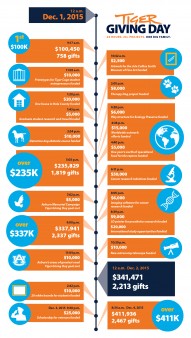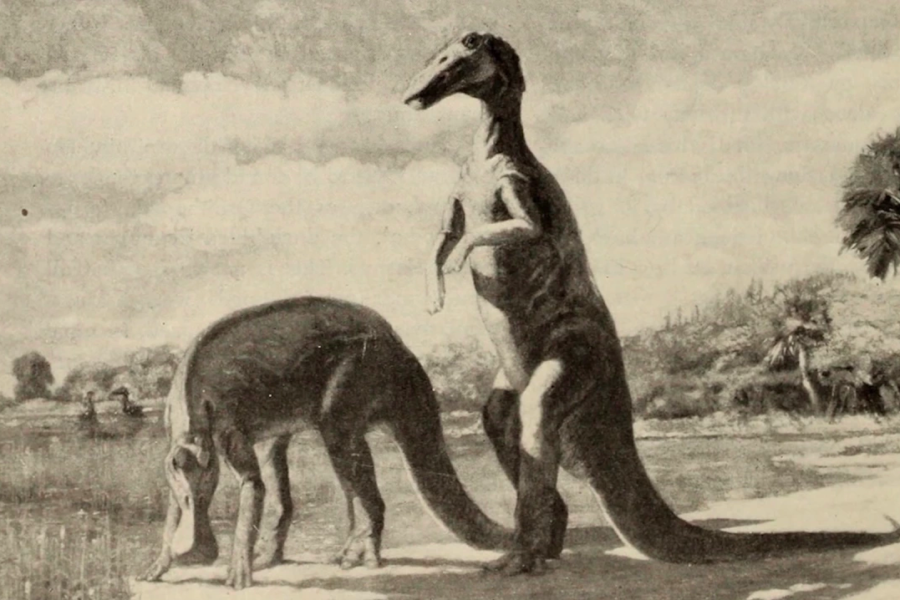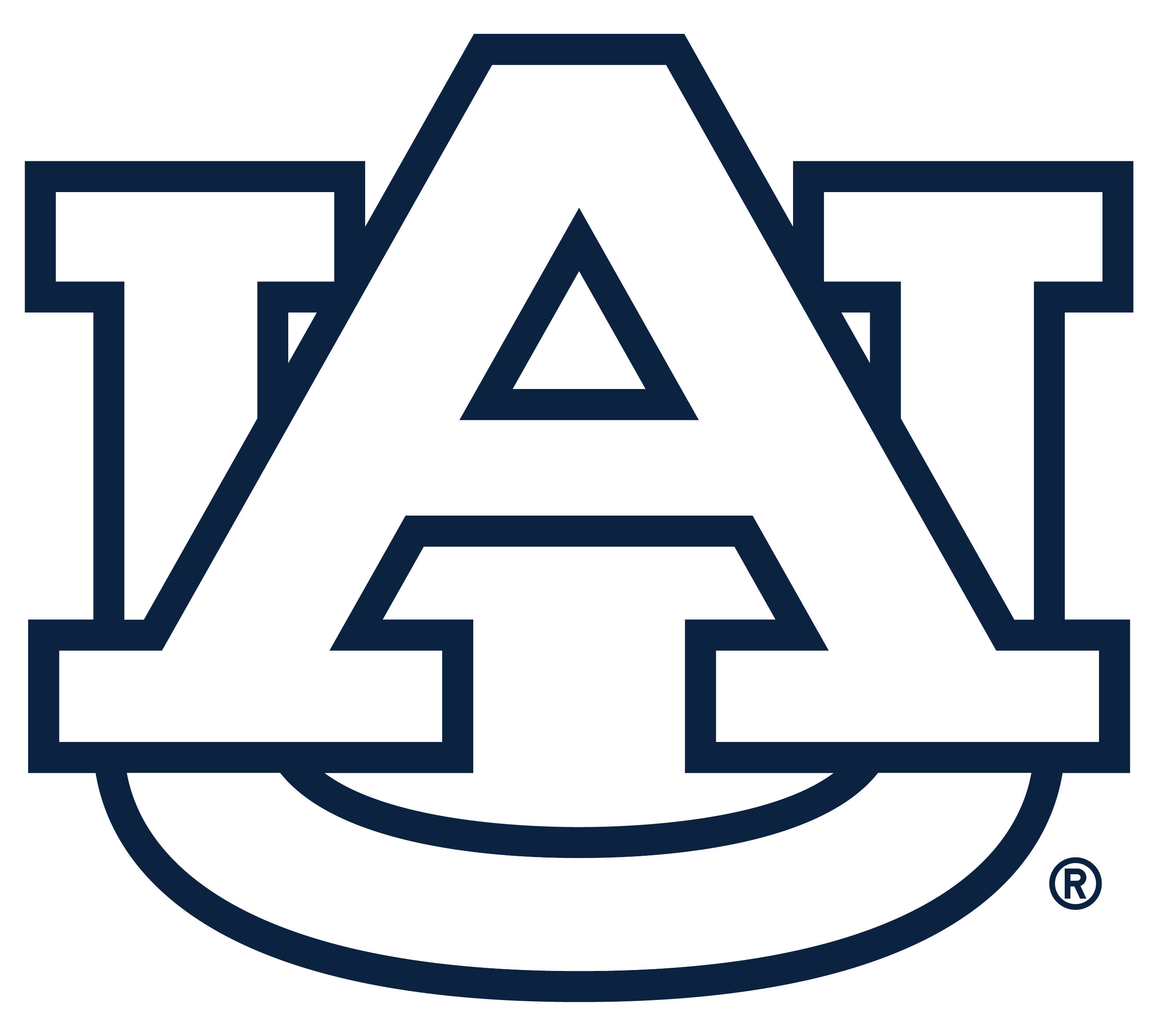12/04/15 update: continued donor support through Dec. 3 allowed the Auburn Alumni Association to achieve its goal for “From Troops to Tigers: New Scholarship Will Benefit Veterans,” thereby increasing the total of fully funded Tiger Giving Day projects to 18 and the total raised through Tiger Giving Day to $411,936.
Auburn University donors contributed more than $411,000 during the university’s first-ever Tiger Giving Day, a 24-hour university-wide crowdfunding initiative on Dec. 1. The university set out to raise $327,500 for 24 unique projects based in Auburn’s colleges, schools, and units. Of those 24 projects, 18 met or exceeded their goals, some by as much as 350 percent.
The impact of Tiger Giving Day includes new homes being built through the Rural Studio, new equipment for astronomy students, new 3-D printers to improve prosthetics for military veterans, food for Auburn’s beloved eagles, and new acquisitions for the Jule Collins Smith Museum of Fine Art.
“Members of the Auburn Family made a big statement on Tiger Giving Day,” said Auburn President Jay Gogue. “In addition to supporting projects important to the life of Auburn, they stepped forward to help drive up Auburn’s national rankings that use alumni participation as an indicator of a university’s health and vitality.”
Tiger Giving Day donors made a significant difference for many of Auburn’s students, faculty, and programs. Because of their generosity:
- One new telescope will be purchased for the Leach Science Center Astronomy Terrace with remote access, allowing students to quickly change the telescope’s location to focus on specific stars and planets. The telescope also will be connected to a computer to enable students to do more sophisticated analysis than they currently are able to perform.
- Three well-designed, sustainable, economical homes will be built, making home ownership a reality for three families in rural Hale County, Alabama, through Auburn’s Rural Studio program.
- Fifteen to 20 students from the College of Education now will be able to participate in the college’s ongoing international travel and outreach programs.
- Two new study and travel scholarship endowments will be established, and several study abroad scholarships will be made available to current Honors College students.
- One year’s worth of specialized food can be purchased by the Southeastern Raptor Center for Auburn’s beloved eagles Nova, a male golden eagle officially known as War Eagle VII, and Spirit, a bald eagle.
- Twenty-five graduate student researchers will be provided funds necessary to complete their dissertations or theses and to travel to professional conferences to present their research – an important milestone in graduate education.
- Two high-quality printers and resins will be purchased to help Auburn researchers design better prosthetics, particularly for veterans who have lost limbs.
- Twenty-five new white boards — popular and essential tools for students studying in the Ralph Brown Draughon library — will be purchased.
- One package of imaging software with licenses for two faculty members will be purchased to aid Auburn researchers in determining how cancer treatments interact with cells, thus aiding in the identification of treatments that have less adverse impact on healthy cells.
- One year’s worth of high-quality food and veterinary care has been supplied for Miller and Choa, the two therapy dogs in the School of Nursing’s CAREing Paws program.
- The Jule Collins Smith Museum of Fine Art will be able to purchase Elektro Licht Kraft by Robert A. Schaefer Jr. ’75. Because the museum surpassed its goal, it also is able to increase its acquisition fund to purchase other photographs in the future.
- Building materials, including fencing, and labor will be provided to build a training course for the detector dogs in Auburn’s Canine Performance Science Program. Because its goal was exceeded, the program also will be able to build an enclosure for female breeding dogs.
- The Kreher Forest Ecology Preserve and Nature Center will be able to build a new spider web climbing structure at the center’s playground. The web will be enhanced with an arachnid learning kiosk and a new picnic area for playground visitors because the center exceeded its goal.
- For the first time, students entering this spring’s Tiger Cage entrepreneur competition in the Harbert College of Business will have funds available to build product prototypes for the competition. Since the project exceeded its original goal, funds also will be used to develop a resource library for student teams and attract notable speakers and competition judges.
- Nearly $55,000 was raised to fund cancer research initiatives within the Samuel Ginn College of Engineering.
- More than $7,500 was raised toward the construction of the Auburn Memorial, a new, permanent, on-campus space that honors students, faculty, staff, alumni, and other members of the Auburn Family who have passed away.
- The Auburn Alumni Association now is able to offer a scholarship for veterans who desire to become part of the Auburn Family.
- More than $15,000 was raised to support Auburn’s areas of greatest need.
Visitors to TigerGiving.org donated more than 2,400 gifts and were able to view real-time funding updates throughout the day as they watched the projects reach their goals.






